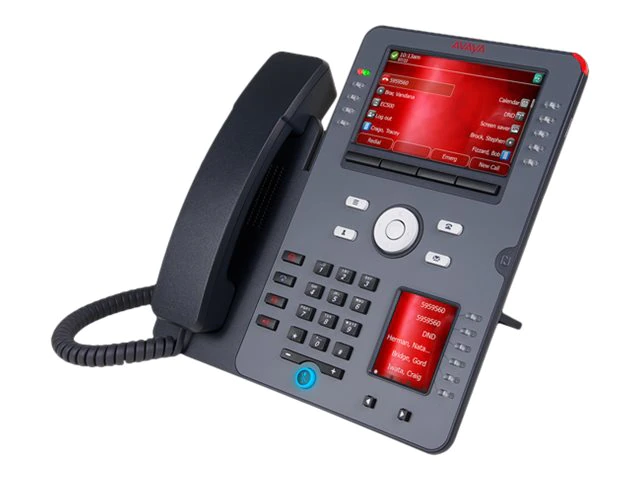Making the Smart Choice: Selecting the Perfect IP Phone for Your Business Needs
In a world where communication is the backbone of success, the significance of a robust IP (Internet Protocol) Phone system is undeniable. These devices, which leverage the internet for telecommunications instead of conventional phone lines, bring along a plethora of advantages such as cost efficiency, scalability, and superior functionality. This piece aims to delve into a comprehensive comparison of three remarkable IP phone models: Avaya 0604d9f, APC CP16, and AT&T ATT1080, to guide you in making an enlightened choice tailored to your business needs.
Table of Contents
Clarifying Your Business Requirements
Prior to delving into the model comparisons, it’s crucial to have a precise understanding of what your business communication needs are. Elements like the size of your business, the extent of technical support on hand, and your budget will notably influence your selection.
Moreover, the specifics of your operations, how your teams are geographically spread out, and the requirement for advanced functionalities such as video conferencing or integration with other business systems are vital considerations. Having a well-outlined requirement will assist in selecting an IP phone system that harmonizes with your organizational needs seamlessly.
Scrutinizing Core Features and Functionality
Each of the IP phone models we’re focusing on comes with unique features designed for varied business requisites. The Avaya 0604d9f, for example, is laden with a sturdy set of features ideal for medium to large enterprises. A peek at the Avaya manual unveils functionalities like pristine voice quality, support for multiple lines, and the ability to integrate with a range of communication platforms.
Conversely, the APC CP16, as elucidated in the APC manual, is crafted for smaller establishments or those making the transition to IP phone systems. It encompasses basic features like call forwarding, hold, and speed dial, offering a simple solution for fundamental communication needs.
The AT&T ATT1080, delineated in the AT&T manual, is a versatile option catering to a vast array of businesses. It integrates features like an auto-attendant and a built-in answering system, making it a robust choice for businesses inclined towards having an automated communication system.
Examining Ease of Use and Technical Support
The simplicity of use and the provision of technical support are vital, especially for establishments with limited technical know-how. The AT&T ATT1080 excels in this aspect, with its user-friendly interface and an extensive manual, simplifying the setup and usage.
In comparison, the Avaya 0604d9f might pose a steeper learning curve owing to its elaborate feature set. However, the Avaya manual offers a detailed guide on navigating through its functionalities, ensuring businesses can harness the system fully.
The APC CP16 is notable for its simplicity and effortless setup. The APC manual provides lucid instructions, making it a favorable choice for small businesses or those with basic communication needs.
Delving into Cost Implication and Return on Investment
Investing in an IP phone system should bolster your business communication while delivering a satisfactory return on investment. The Avaya 0604d9f, with its superior features, is a commendable investment for large enterprises with intricate communication needs.
The APC CP16, being an introductory-level IP phone, is budget-friendly and apt for small businesses or startups. Meanwhile, the AT&T ATT1080, with its balanced feature set and competitive pricing, provides a middle ground, delivering value for a diverse range of business types.
Conclusion
The apt IP phone system is a key element in nurturing effective communication within your organization. By meticulously evaluating the features, ease of use, and cost implications of the Avaya 0604d9f, APC CP16, and AT&T ATT1080, you can arrive at a well-informed decision designed to meet your business communication needs.




